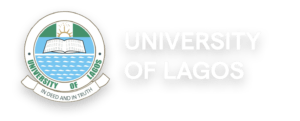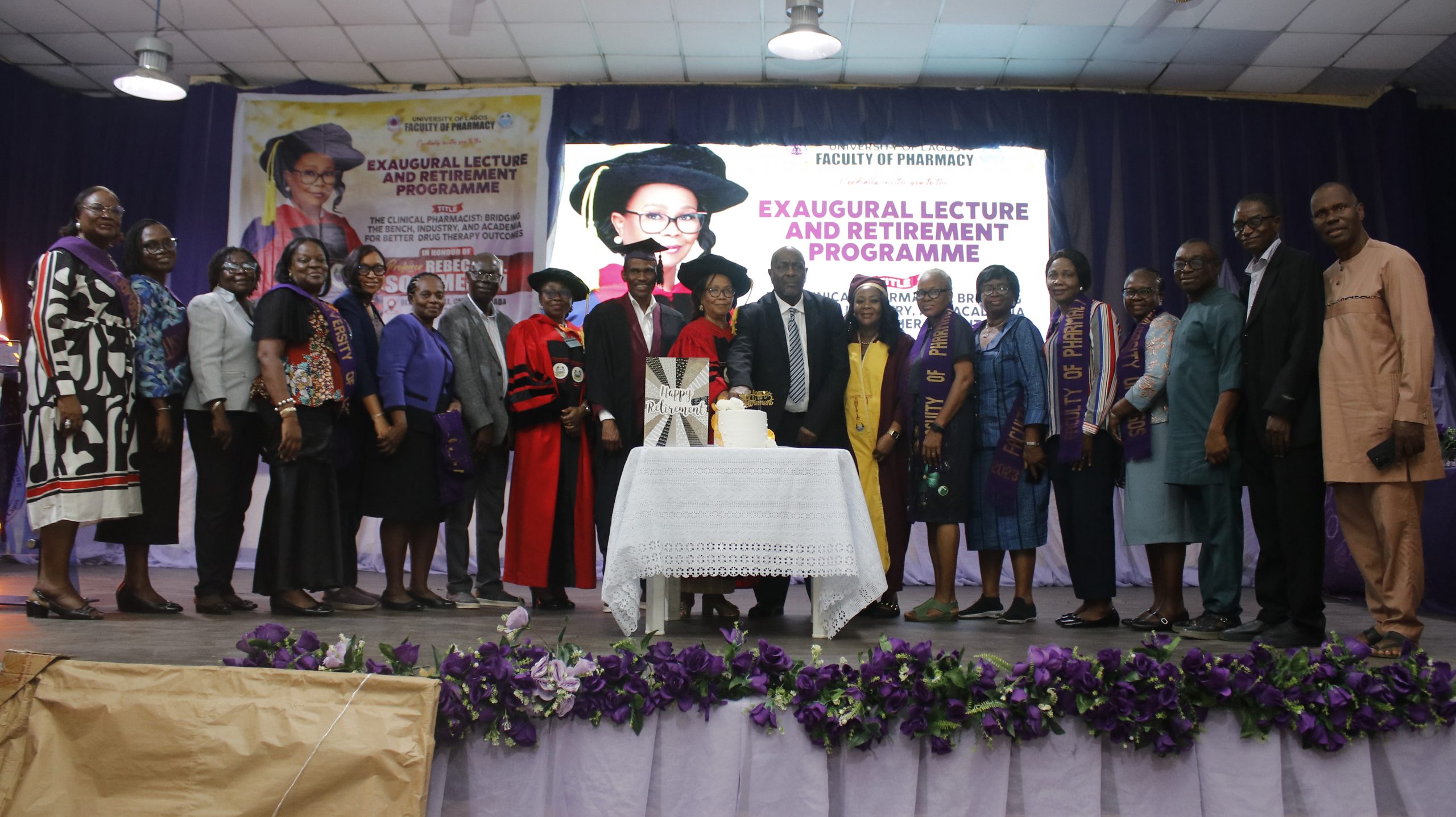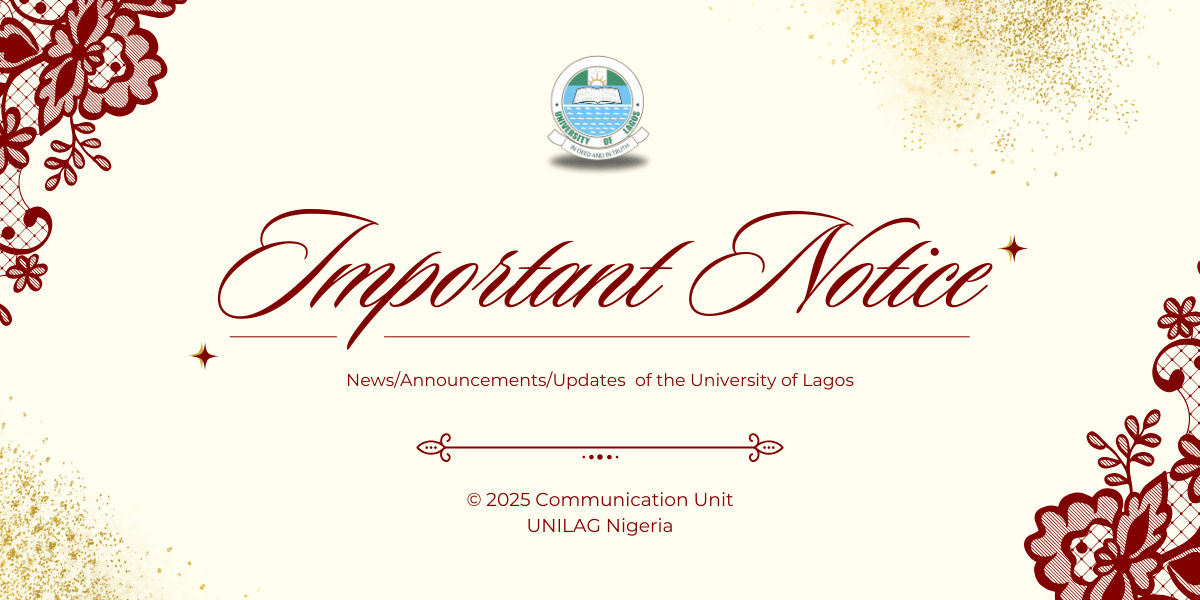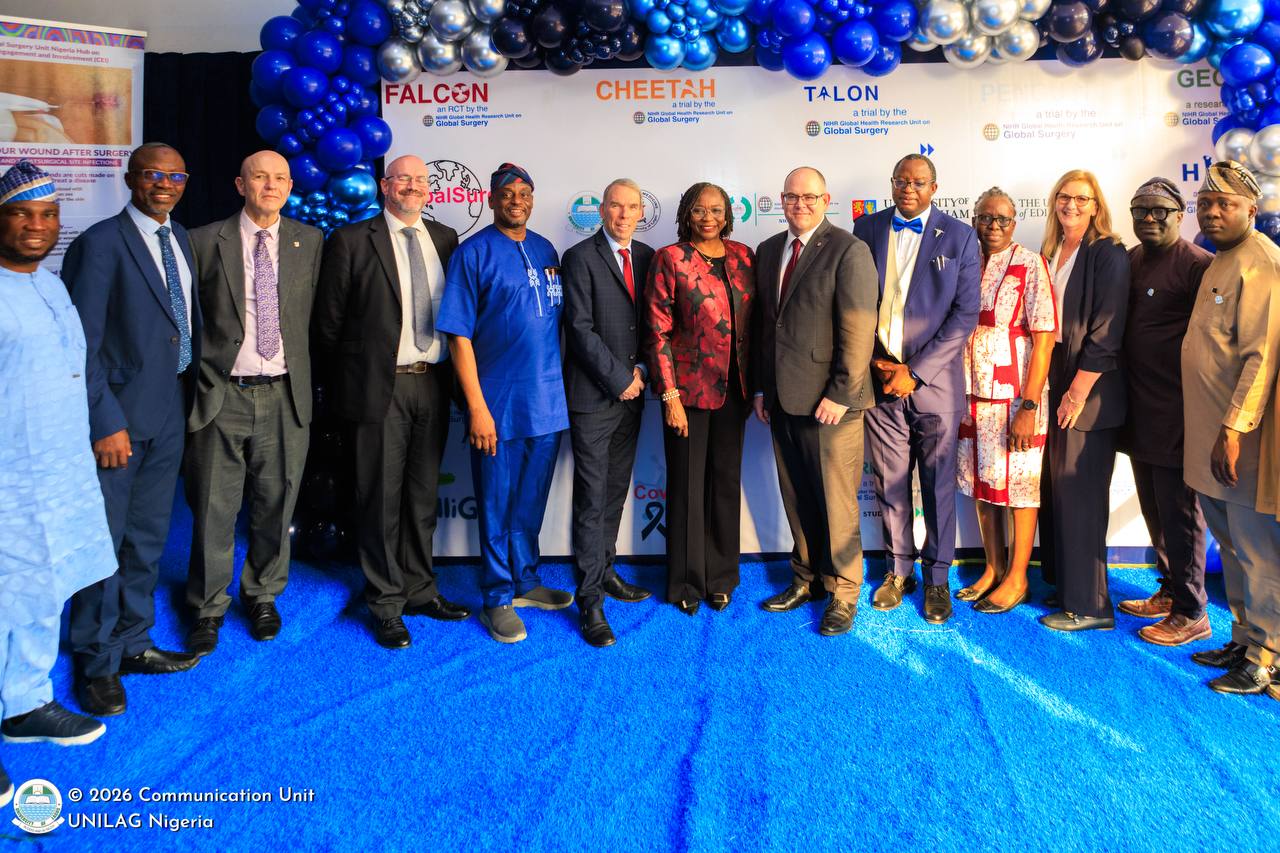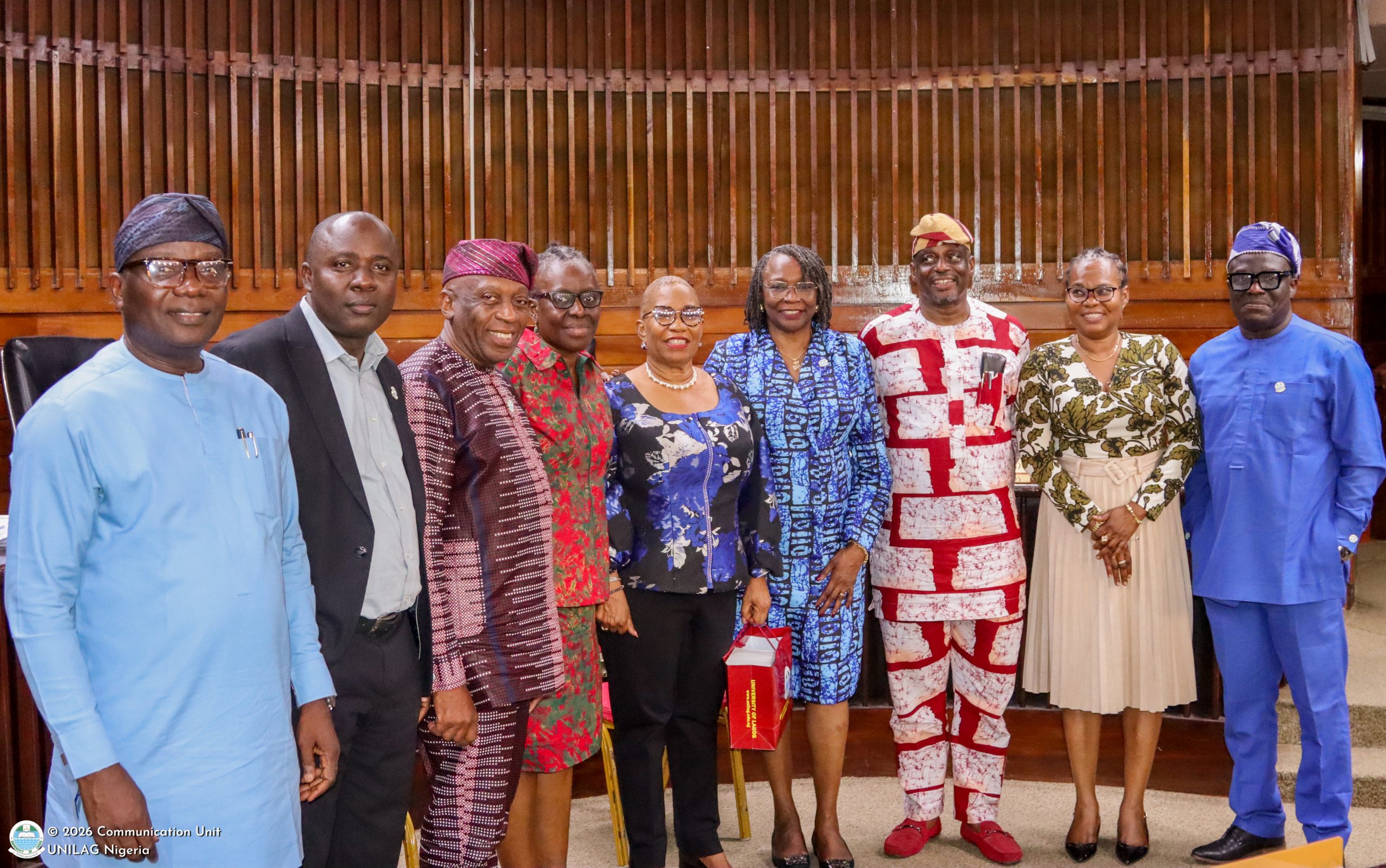All roads led to the Aderinokun Hall, University of Lagos (UNILAG), Akoka as the Centre for Environmental Human Resources Development (CENHURD), UNILAG held its Maiden Lecture on Thursday, July 20, 2023.

The Lecture titled: Transcending Barriers to Environmental Mainstreaming in Nigeria was delivered by renowned environment specialist and Managing Director, Environmental Resources Managers Limited (ERML), Lagos, Nigeria, Mr. Victor C. Imevbore, FNES.
The Guest Lecturer
Mr. Victor C. Imevbore, FNES holds a First Degree in Petroleum Engineering from the University of Ibadan and Master’s Degree in Geographical Information Systems from the University of London.
He is a Fellow of the Nigerian Environmental Society (NES), its immediate past Interim National President, a Fellow of the Institute of Environmental Management and Assessment, United Kingdom and Chartered Environmentalist of the UK Society for the Environment.

He is also a Member of the Nigerian Society of Engineers (NSE) and Council for the Regulation of Engineering in Nigeria (COREN). He is a member of the Board, Centre for Environmental Human Resources Development (CENHURD), UNILAG.
The Lecture: Transcending Barriers to Environmental Mainstreaming in Nigeria
Delivering the Lecture, Mr. Victor Imevbore emphasised the importance of environmental mainstreaming as a prerequisite for sustainable development.
He mentioned that according to the International Institute of Environment Development, “environmental mainstreaming is the informed inclusion of relevant environmental concerns into the decisions of institutions that drive national, local and sectoral development policy, rules, plans, investment and action”.
The Guest Speaker outlined the imperatives for, and major barriers to environmental mainstreaming in Nigeria and proffered general (Nigeria-wide) and CENHURD-specific recommendations towards overcoming these barriers.



He noted that environmental mainstreaming is important in Nigeria and the world because the earth is currently under threat by human actions and alterations. His words, “Nigeria, as it stands, is currently stressed and in a precarious situation with deforestation, overfishing, coastal erosion, poor management of solid wastes, etcetera ravaging the land”. Mr. Imevbore also disclosed that Nigeria’s performance across the different Sustainable Development Goals (SDGs) is not so good (ranking 139 out of 163 countries), despite “enacting laws, issuing regulations and standards, setting up agencies and signing up to various international treaties for the protection of the environment”.

Mr. Imevbore further delved into the barriers to environmental mainstreaming which he highlighted as treating the environment as an externality, lack of and poor communication among stakeholders, poor environmental awareness and lack of data, poor renumeration of environmental practitioners, poor governance and weak institutions, as well as weak environmental justice.

Thereafter, he recommended improved governance in the country and pursuit for environmental justice as important factors for Nigeria to overcome major barriers to environmental mainstreaming.
He advised that Nigeria should seek out ways to reward and incentivise sustainability, such as tax reliefs and grants. To this end, he suggested that individuals and/or organisations be recognised for their contributions to sustainability; and noted that rewards for brilliant student essays and scholarships be encouraged.
While calling for improved collaboration between the public and private sectors, the revered environmentalist charged that the Nigerian public sector and environmental agencies to pursue working together for a common goal rather than competing for relevance and superiority. He also stressed the need to improve data collection and distribution, apply global standards and local knowledge and mainstream environmental awareness and education.

To CENHURD, Mr. Imevbore recommended that the Board should see and utilise the centre as a change agent for sustainable development. He proposed that the centre aims to become a Centre of Excellence in Sustainability, with its focus on preparing environmental practitioners; collaborative development and delivery of curricula for undergraduates, supporting the corporate world and civil servants by offering courses and training programmes on Environmental, Social and Governance (ESG) matters as well as support internships in sustainability consulting companies, government regulatory agencies, NGOs, to mention a few.
Mr. Imevbore urged CENHURD to establish a reliable data resource centre for biophysical and social data from research works and environmental studies; and track its graduates, especially those who have ended up as qualified environmental practitioners and professionals who support sustainable development.
He rounded up the lecture by charging the Centre to be different and not be a part of the rot; shun all temptations to cut corners during research and findings, among others.
Opening of the Maiden CENHURD Lecture
The Lecture also featured opening remarks from the Chairman, CENHURD Board, Distinguished Prof. Babajide Alo, FAS; welcome remarks from the Vice-Chancellor, Prof. Folasade Ogunsola, OON, FAS, the Chairman of the occasion and Chairman, Osunkeye & Associates, Chief Olusegun Osunkeye, CON, OFR, a goodwill message from Director, Research Management Office, Prof. Timothy Nubi and vote of thanks from the Deputy Vice Chancellor, (Management Services) and CENHURD Team Lead, Prof. Lucian Chukwu.





Courtesy visit to the Vice-Chancellor
The event was preceded by a courtesy visit to the Vice Chancellor by the Guest Lecturer, Chairman of the lecture, Chief Olusegun Osunkeye, CON, OFR (Chairman, Osunkeye and Associates) and CENHURD team which included the Chairman of the Centre’s Board, Distinguished Professor Babajide Alo and Professor Lucian Chukwu (Deputy Vice-Chancellor, Management Service and CENHURD Team Lead).






About the Centre for Environmental Human Resources Development (CENHURD)
The Centre for Environmental Human Resources Development (CENHURD), University of Lagos (UNILAG) was established in 2017 following the approval of the Senate of the University of Lagos. It was conceived to meet the growing national need and demand for capacity-building and production of top-level expertise to deal with the myriad of environmental issues in Nigeria.
The formulation of the Centre relied on the recognition of the University’s strength and distinction in the tenets of Sustainable Development as well as the practice of Environmental Management and Planning including the presence of world-renowned scholars and experts in the subject matter at the University of Lagos.














